Baby, we were born this way -- or were we?
The "born this way" concept has informed LGBTQ+ political messaging for decades, long before the Lady Gaga anthem emerged. Recognizing that one's identity is intrinsic and can't be changed from outside, it's been used to argue against discrimination and conversion therapy, plus to make the case that transgender people aren't changing their gender but confirming an identity they've always had. It's proved to be effective, but some activists and thinkers have always said it's limiting.
One of the latest to put this idea forth is author Julia Serano. "Too many people seem to view that phrase through a lens of strict biological determinism, or presume that it means the number of LGBTQ people must be permanently fixed and static. Perhaps new language might circumvent these misconceptions moving forward," she wrote recently in Salon.
That's drawn mixed reactions from activists queried by The Advocate. There's a recognition that some people have a fluid sexual orientation or gender identity and that people come to realize their identity at different times in their life. There's also a concern, though, that using different language might undermine progress.
"It has been absolutely essential to winning legal protections," Shannon Minter, legal director at the National Center for Lesbian Rights, says of the "born this way" approach. "I think now would be the worst time imaginable to abandon that public education effort."
This is a time, of course, of major attacks on the LGBTQ+ community, especially trans youth. Anti-LGBTQ+ forces, such as supporters of Florida's "don't say gay or trans" law and even supposed comedians like Bill Maher have claimed more young people are coming out because it's somehow trendy -- and some are even making the toxic and slanderous argument that LGBTQ+ adults are "grooming" children for abuse.
Serano addressed this in her Salon article as well. There is no "trendiness" or "social contagion" accounting for an increased willingness to identify as LGBTQ+, she wrote -- there is simply an increase in societal acceptance and less of a willingness to be closeted.
But she suggested that "'born this way' may no longer be the most effective way to counter" the idea that anyone is able to turn anyone else away from a straight cisgender identity.
"None of us can precisely say for sure why we turned out to be gay, or trans, or otherwise," she wrote. "Nor can we say why some people come to this self-understanding as children, others during adolescence, and still others as adults."
GLAAD President and CEO Sarah Kate Ellis notes, "The science on this is settled, that being LGBTQ is inherent and just who someone is. Everyone is on a different journey as to when they decide to let people know who they are and when they feel safe to do so, and this has always been the case. ... The focus should be on ensuring that everyone is safe, welcome, and valued just as they are."
Adds Sam Ames, director of advocacy and government affairs at the Trevor Project: "The LGBTQ community is not new. We have always been here, and we will continue to be here -- no matter how many ways anti-LGBTQ lawmakers try to erase us. What's new is the language that we have to name ourselves, and the growing representation that young LGBTQ people have to help remind them that they are not alone.
"At the end of the day, we have to trust our young people when they tell us who they are, because we know that support and acceptance can be life-saving. LGBTQ youth are more than four times as likely to attempt suicide than their peers, but having at least one accepting adult in their life can decrease those odds by 40 percent. Let's avoid entertaining anti-LGBTQ lawmakers' misguided arguments and focus on what matters most: protecting young LGBTQ lives."
Most likely, no LGBTQ+ person would argue with that. And if there's recognition that "born this way" doesn't feel authentic to everyone's experience, yes, it can be used against the LGBTQ+ community, but there are ways to counter that, says Cathy Renna, communications director for the National LGBTQ Task Force. It's useful to have one-on-one conversations about the fact that while not everyone's experience is the same, the sense of gender and sexuality comes from within, not without.
"The way we can combat it individually is to talk about our lived experiences," she says.
This story is part of The Advocate's 2022 History issue, which is out on newsstands August 30. To get your own copy directly, support queer media and subscribe -- or download yours for Amazon, Kindle, Nook, or Apple News.
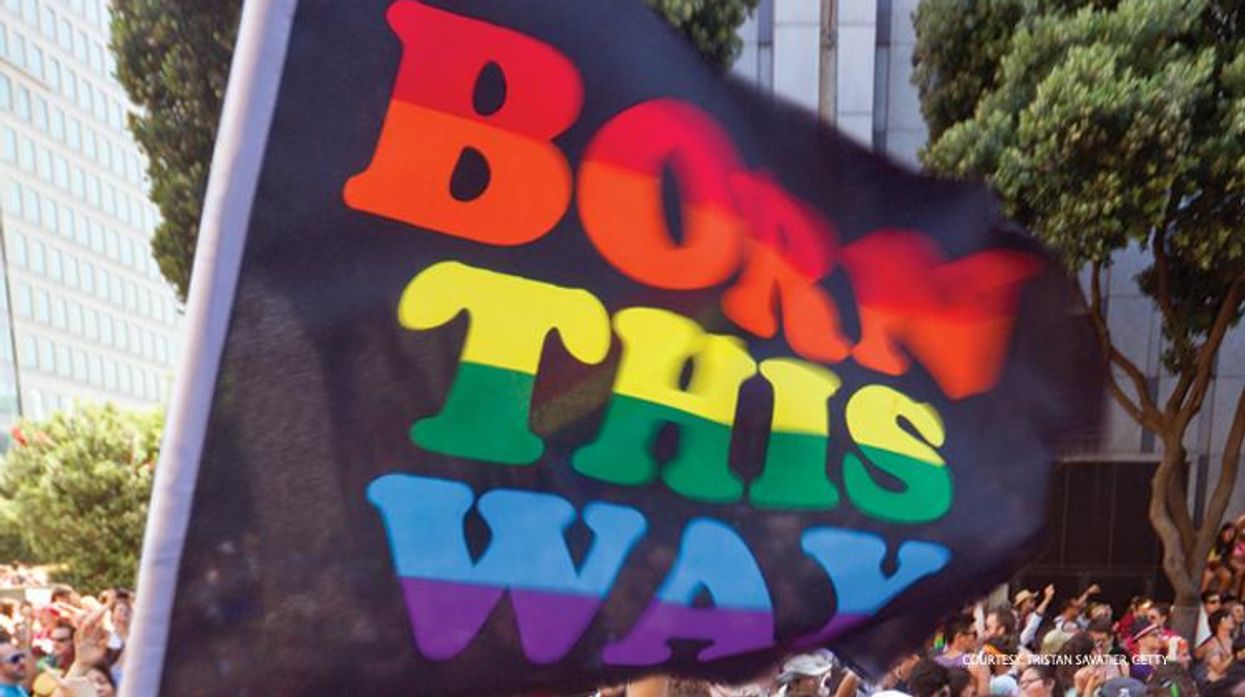
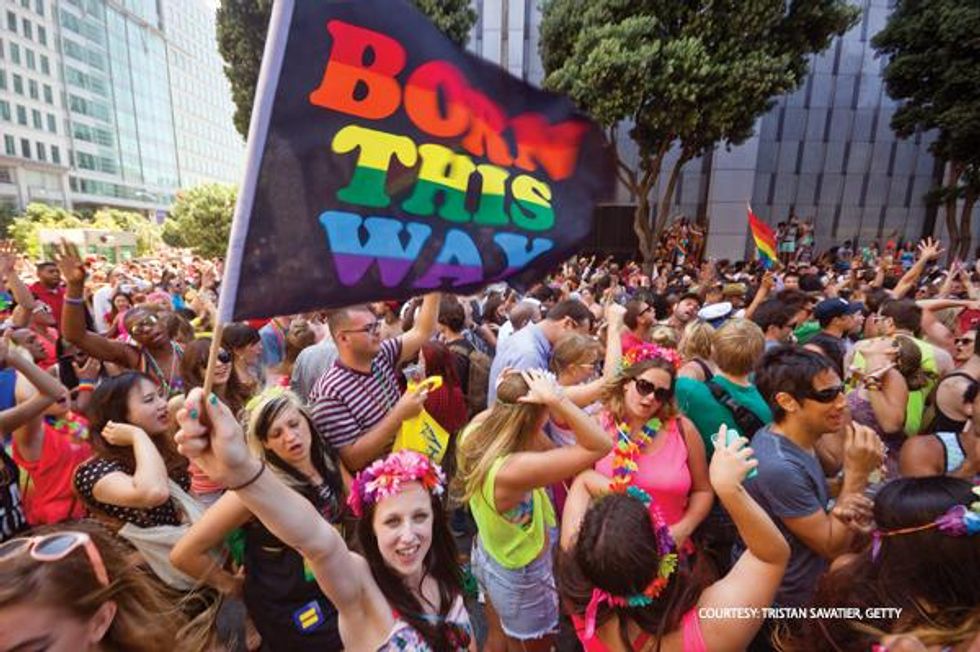
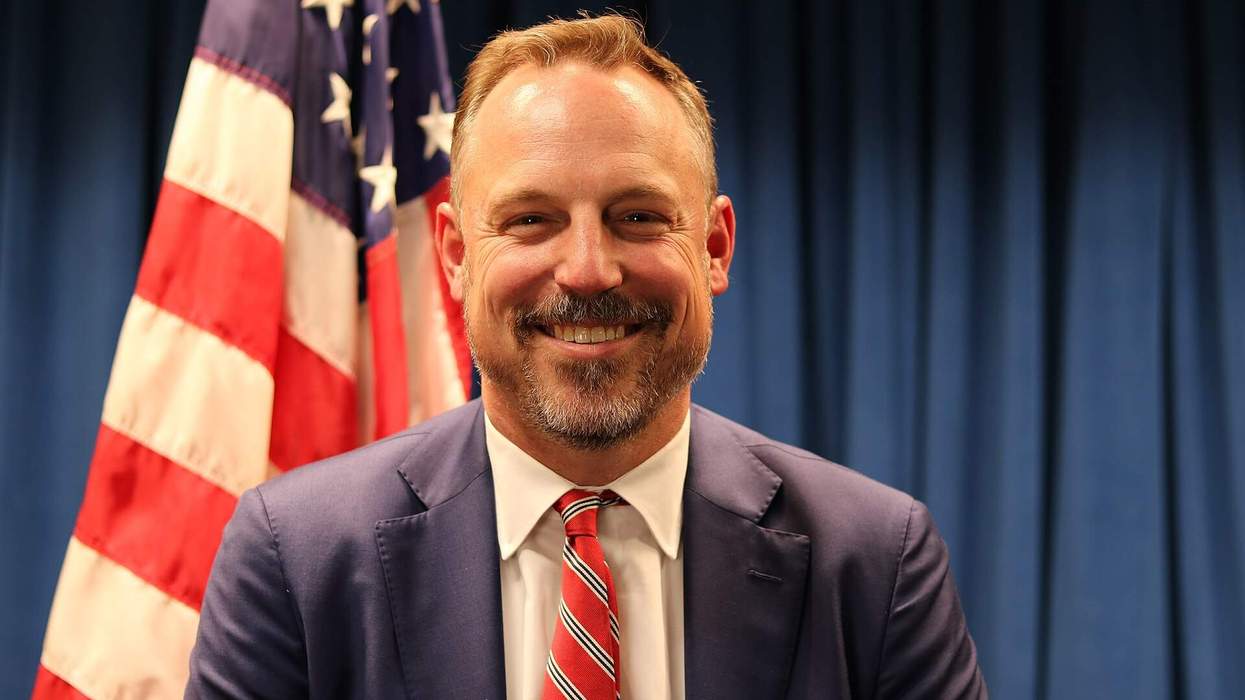




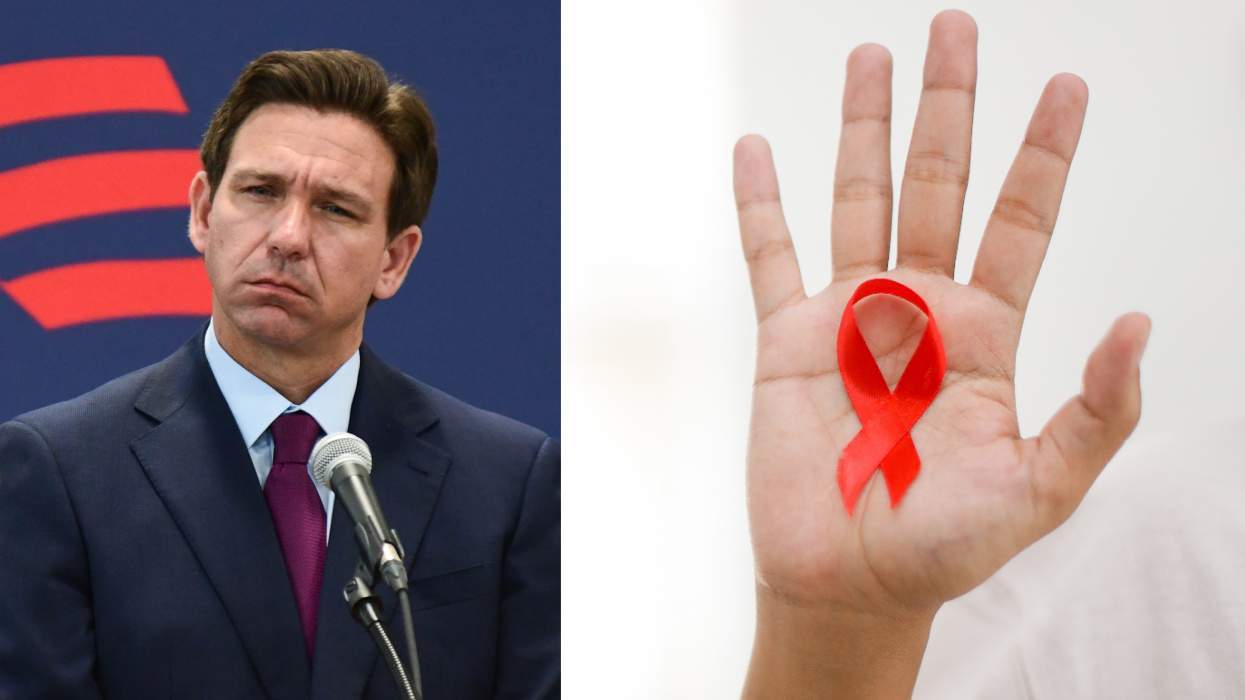
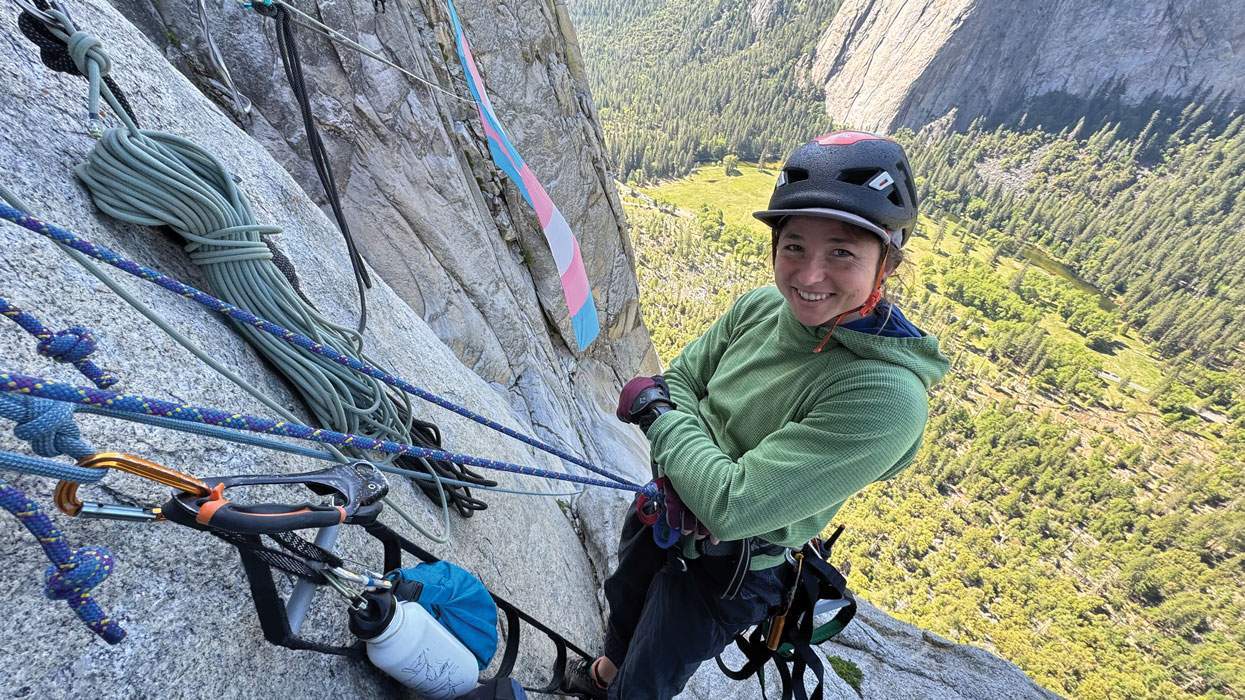
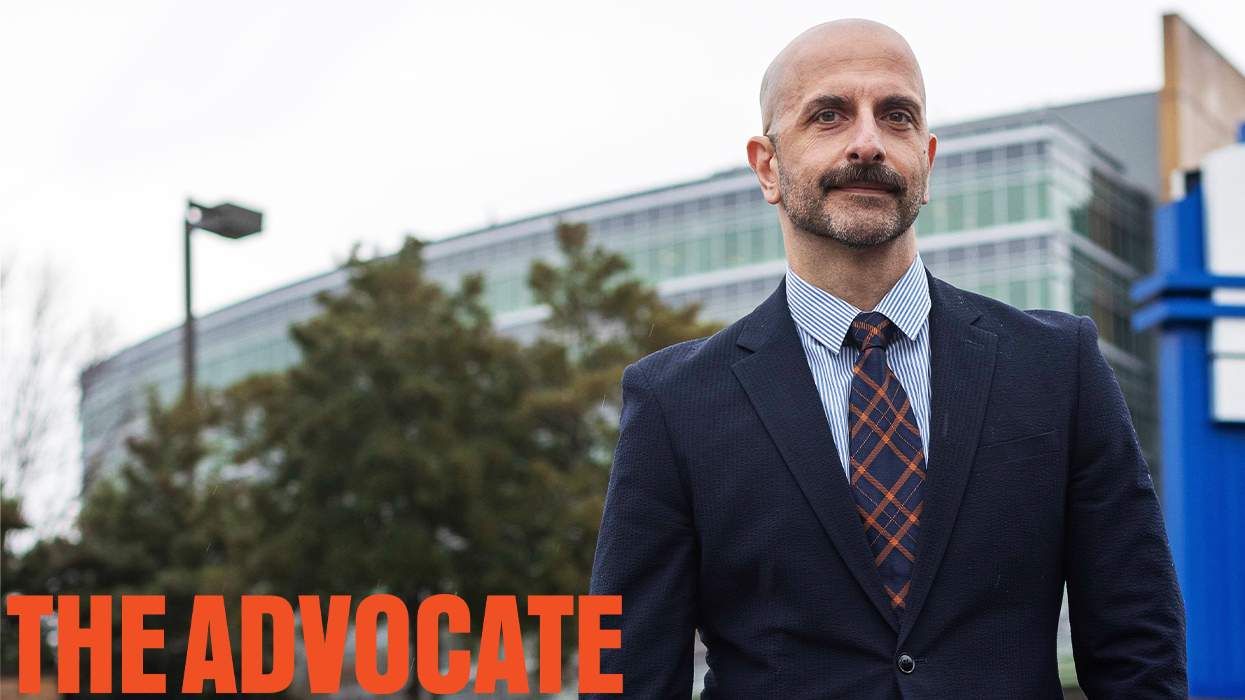






Charlie Kirk DID say stoning gay people was the 'perfect law' — and these other heinous quotes
These are some of his worst comments about LGBTQ+ people made by Charlie Kirk.